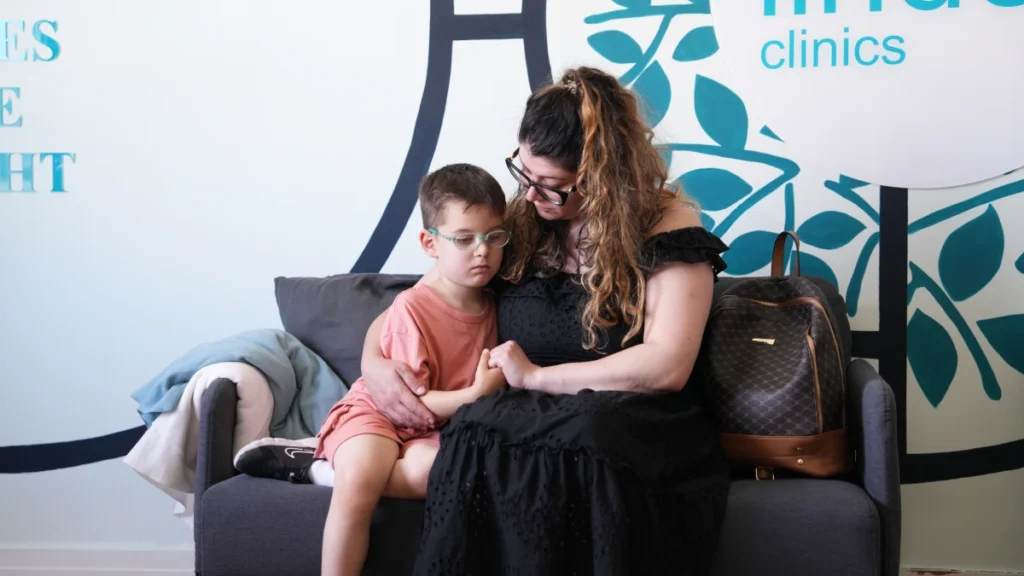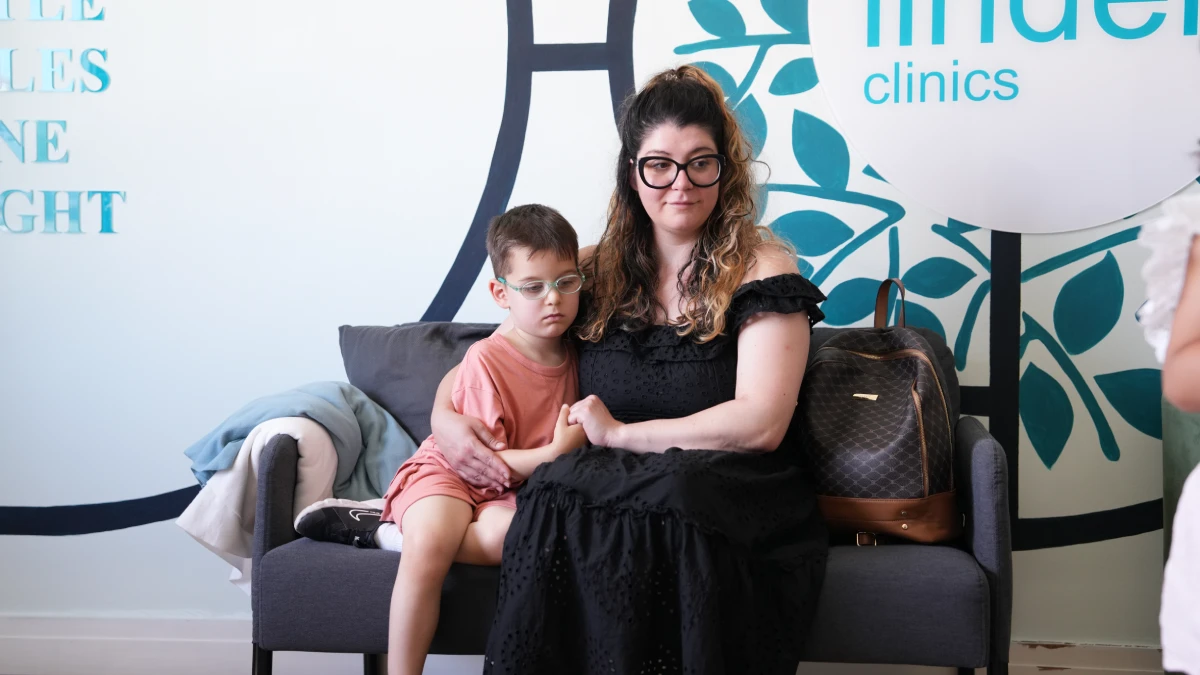Becoming a mother is a transformative experience, and for autistic mothers, this journey holds unique challenges and rewards. Navigating motherhood with autism involves balancing sensory sensitivities, social expectations, and emotional responses while fulfilling the needs of a newborn. This blog explores the impact of autism on daily parenting, offering insights, tips, and support for autistic mothers seeking to create a harmonious family environment.
Table of Contents
Embracing the Role: Autism and the Transition to Motherhood
The transition into motherhood can be complex for autistic women, often involving heightened sensory demands and a need for structured routines. Understanding and acknowledging these unique needs is key to embracing the role of motherhood effectively.
- Sensory Sensitivities: Sensory processing differences may make daily interactions with a newborn challenging, from managing sounds and smells to touch sensitivities. Autistic mothers might benefit from personalized strategies, such as noise-canceling headphones or scent-free baby products, to reduce overstimulation.
- Routine and Predictability: Routine is often essential for autistic mothers, providing comfort and a sense of control. Establishing a consistent daily schedule can help in managing responsibilities and reducing anxiety, enabling both mother and child to thrive.
- Emotional Regulation and Self-Care: Self-care becomes especially important, as emotional regulation can be more challenging with the increased demands of motherhood. Regular self-care activities, like brief sensory breaks or time for a favorite calming activity, can help maintain well-being.
Daily Living Strategies for New Autistic Mothers
Practical strategies can make a meaningful difference in managing daily tasks and creating a nurturing environment. Here are a few that may help:
- Create a Supportive Environment
Establishing a home environment that accommodates sensory needs and routines is crucial. Setting up a quiet, organized space for both mother and child promotes comfort and security. - Plan Around Energy Levels
Energy levels may vary greatly throughout the day. Identifying times of peak energy can help autistic mothers plan baby-related activities more effectively. This can also minimize overwhelm and support smoother parenting experiences. - Utilize Community Support
Many communities and online groups provide support and resources specifically for autistic parents. Joining these groups can provide emotional support, practical advice, and connection with others who share similar experiences. - Accepting Personal Boundaries
Setting and maintaining boundaries is essential, especially in social situations. Communicating needs to family and friends can help reduce sensory or social pressures, making interactions more manageable.

Building Strong Connections with the Child
Connection is at the heart of parenting, and for autistic mothers, forming this bond may require unique approaches that work best for their communication style and comfort.
- Nonverbal Communication: Eye contact or traditional forms of affection may be challenging for some autistic mothers. However, nonverbal cues like gentle touch or tone of voice can convey warmth and create a loving bond.
- Quality Time Over Quantity: Focusing on meaningful interactions, rather than constant engagement, allows for a more genuine connection. This might include activities that both mother and child enjoy, like quiet play or shared reading time.
- Building Emotional Awareness: Developing a sense of emotional awareness within the parent-child relationship can benefit both mother and child. Acknowledging emotions without self-judgment allows mothers to embrace their authentic self in parenting.
Conclusion
Navigating parenting as an autistic mother is both a learning journey and a rewarding experience. By understanding personal needs, setting realistic expectations, and adopting strategies that align with autism, new mothers can create a nurturing and balanced family life. At Linden Health, we support families and mothers on the autism spectrum, offering resources and guidance to help build resilient, compassionate homes. Embracing the strengths and perspectives of autistic mothers can empower families to experience the profound joys of parenting in a way that celebrates individuality.
